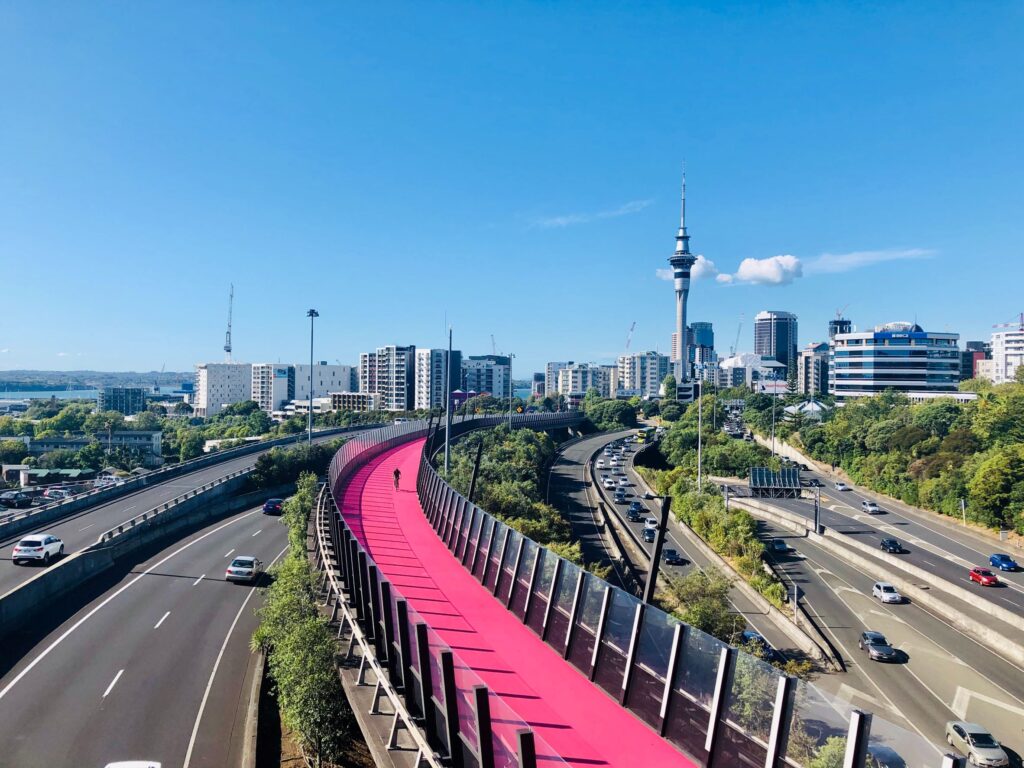Posts by ESR
Building For Climate Change
Current scientific advice indicates the key design requirement for the safety of all humanity’s infrastructure and the wellbeing and sustainability of natural ecosystems and species is an 80% reduction of fossil fuel production within two decades.
To meet social & economic needs while phasing out this energy source, we will need to consider the consequential issues of a sustained decline in energy supply and material consumption in all sectors of the economy.
Read MoreMeeting The Net-Zero Challenge
The Government’s current proposal is to broadly accept the Climate Change Commission’s budgets from their 31 May 2021 final report, with minor changes related to forestry emissions. But based on the available information, the Commission’s emissions reduction targets for 2030 are far weaker than is required for New Zealand to do its part in meeting the key goal of the Paris Agreement to hold global warming to 1.5 degrees C.
Read MoreMarch 2023
– ESR 2023 AGM
– Global Energy News
– First electric car with sodium ion battery
– Why Roman buildings have survived so long
– Study finds climate crisis worsened extreme weather
– Eight ways to attempt to stay within 1.5OC increase
– Global fresh water demand to outstrip supply by 40% by 2030
– Pollution leaves New Zealand wetlands badly damaged
– Cities looking to work with rather than against water
– Peak human population may not exceed 8.8 billion
– The origin of time?
High Expectations For The Climate Commission – Will Government’s Action Push Us Fast Enough?
Save the buildings and save the climate Save the climate and save the planet. The built environment is the main cause of climate change and offers the easiest opportunities for necessary change. The only truly sustainable building is the one you do not build. The next most sustainable building is the one you do not demolish. There is no point in recycling plastic bags and milk bottles if we are going to send our living buildings off to landfill.
Read MoreTamaki Campus
The built environment is the main cause of climate change. How we build determines not only how we use, or waste, resources. It also determines how we live, work, and need to travel. Even more importantly how we build determines our ability to make moral decisions. A disempowering built environment, in which everyone lives in someone else’s architecture, becomes a prison. The door is open, but the mortgage needs to be paid. An empowering built environment would allow owner‐builders to make moral choices about their own lives. The Auckland Unitary Plan is little more than a commitment to dramatically increasing climate change in the next thirty years. A consumer society consuming diminishing resources.
Read MoreRestoration of Electric Power Supply to Faseu Village
The Registered Trust “Friends of Faseu” seeks funding support for a rural electricity project in Papua New Guinea. The project involves the repair and restoration of a small hydro electric plant and the associated electrical distribution system supplying community facilities at Faseu, a village in the mountains of the Huon Peninsula in the Morobe Province. The system commenced operation in December 2005, but suffered major damage due to flood and landslip approximately two years later.
Read MoreSubmission to the Auckland Council on Transport
In ESR’s opinion, the Auckland Plan discussion document does not provide a clear or convincing description of the city’s transport options, and it does not adequately address the linkage between the nature and location of future land use development and the transport option selected.
Read MoreGovernment Policy Statement on Land Transport Funding
ESR is concerned at Government intervention in the process of objective decision making on national land transport funding in favour of state highway construction.
Read MoreSubmission on the Auckland Plan
Chapter 6 of the Draft Auckland Plan states the Auckland Council intends to develop energy and greenhouse gas emissions reduction strategies and action plans for adoption in 2012.
Read MoreSubmission to Auckland Council’s Draft Waste Management and Minimisation Plan
The central points are that the present waste collection and disposal arrangements must be improved to minimise the amount of material going to wasteful landfill, to improve the value and utilisation of recycled materials as well as to maintain a healthy and safe environment for Auckland residents.
Read More
